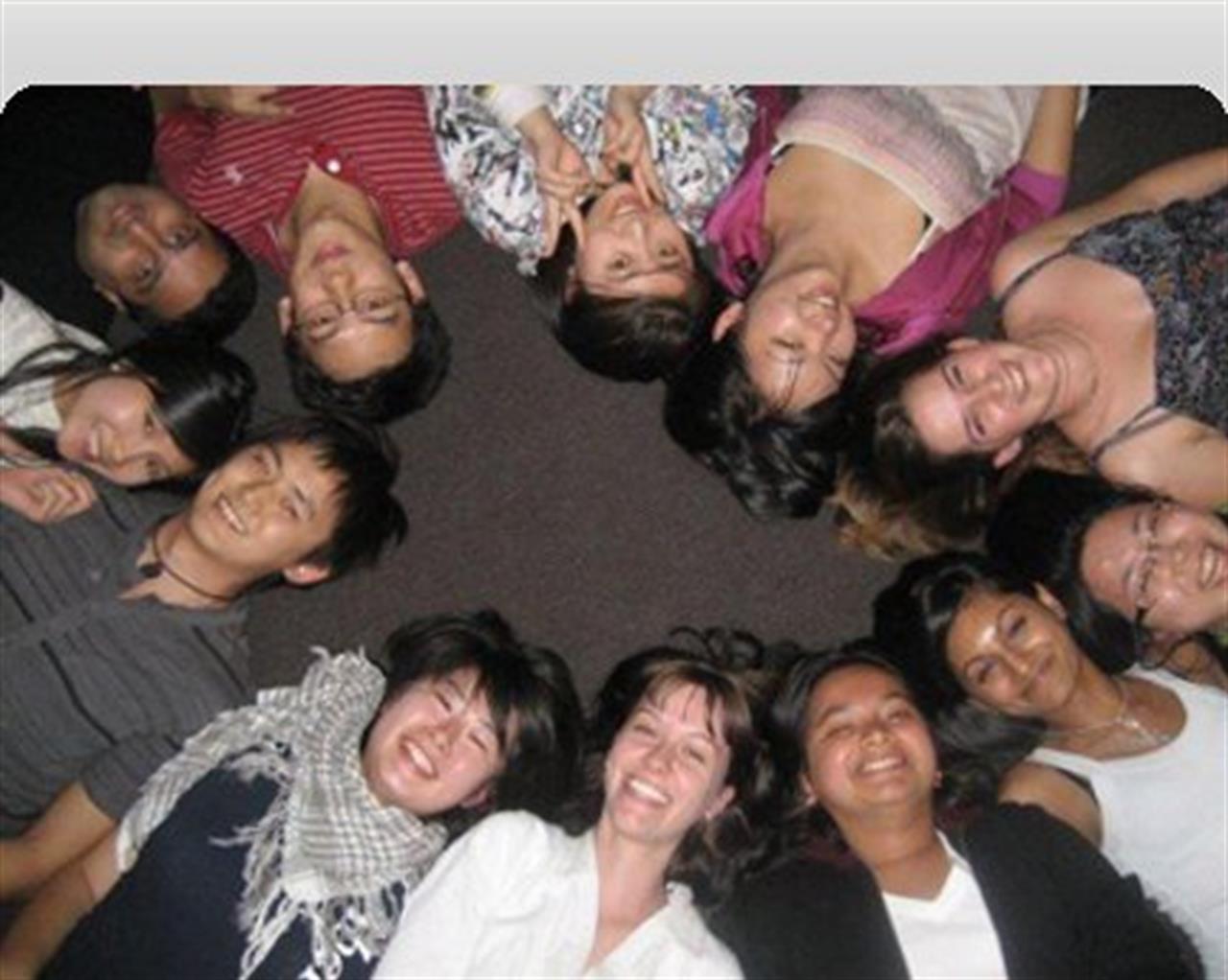Sustainability conference
Developing internship: Read Irma van der Meer’s story

Irma van der Meer, 22, is a member of AIESEC – the world’s largest student driven organization. She did an internship with AIESEC.
– What are did you study and where?
I studied Business Administration and then did a Master in Strategic Management at the Erasmus University in Rotterdam.
– What kind of internship did you choose and why?
I chose to help organise a conference for the national committee of AIESEC in Kuala Lumpur, Malaysia. The conference was focused on youth leadership and sustainability, two things that I see as really important, especially in developing countries. I knew that I could learn from this internship in terms of organising a conference as well as on the sustainability topic.
– How long did your internship last? Six weeks.
– What was your internship about exactly? The conference was called Youth Nation Summit, organised by AIESEC and MyHarapan, and it was a four day conference that was open to all youths in Malaysia between 17 and 28, and there were workshops, important speakers and the conference ended with a lunch with the Prime Minister. My task, together with a trainee from the Philippines, was to organise the main expo on the first day about Sustainability, divided in the three pillars of Social, Economic and Environmental Sustainability.
– Five things you learnt during the internship?
– Cultural differences. Working with the Malaysian board of AIESEC brought its challenges as well as working with my fellow trainee of the Philippines. It made me more aware of their important cultural traditions and customs.
– Planning. The expo was really time bound, and it was really important to have a clear schedule and stick to this, even though things always tended to take longer than expected.
-Organising skills. Seeing what is needed to organise a conference made me aware of how many tasks can be found in organising and how important some details are, in special to the delegates participating.
– Flexibility. Things don’t always seem to go the way you think they will and sometimes information about the internship is not accurate. It makes you more flexible to see that sometimes you need to keep expectations low and to go with the flow.
– Sustainability topic. Because we had to organise an expo on it, it really opened my eyes to learn about all topics within the sustainability issue.
– Why did you choose to go to that country in particular?
Malaysia is a developing country that is quite safe to travel to and within. I was interested in doing a developing traineeship that would also trigger my analytical skills and not be really basic. I heard about the opportunities in Malaysia and realized that that was really what I was looking for.
– What was the best moment of your experience?
The expo itself. When everything was working out and people were enjoying all assignments and activities in the booths, it gave me such a rush that we actually organised that on our own.
– Would you change your experience in any way?
Next time I would sooner talk about how my expectations do not fit my actual work and what I would like to change about it. We talked about it during the evaluation, but at that point it wasn’t beneficial for me anymore.
– Any suggestions for students who are about to leave on an AIESEC internship?
Please make sure you talk a lot about your tasks during the internship beforehand, to really get a good insight on how your internship will look like. Also check the database for people that already did the same kind of internship, to get experience stories. Be open for cultural differences and make sure that you really see something of the country you go to! Not everything revolves around your internship.
Nessuno ti regala niente, noi sì
Hai letto questo articolo liberamente, senza essere bloccato dopo le prime righe. Ti è piaciuto? L’hai trovato interessante e utile? Gli articoli online di VITA sono in larga parte accessibili gratuitamente. Ci teniamo sia così per sempre, perché l’informazione è un diritto di tutti. E possiamo farlo grazie al supporto di chi si abbona.
